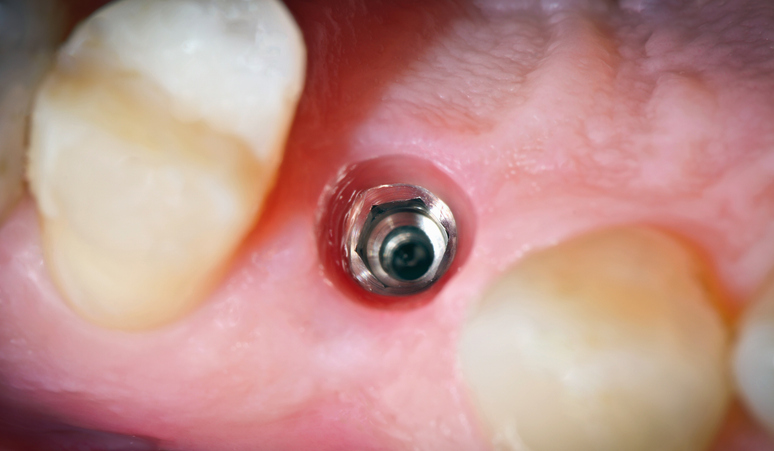
Complications may be linked to abutment loss in fixed dental prostheses

Biological complications may result in higher abutment loss in tooth- and implant-supported fixed dental prostheses compared with technical complications.
Tooth- and implant-supported fixed dental prostheses often have positive prognoses long term if patients adhere to the maintenance program.
In a study published in Clinical Implants Research, investigators examined the long-term survival and complication outcomes of fixed dental prostheses placed in 40 patients between 1978 and 2002. Reexaminations took place between 2019 and 2020. The investigators divided the restorations into three groups: single crowns, tooth-supported fixed dental prostheses and implant-supported fixed dental prostheses.
After a follow-up of 25 years, they found that the survival rates were 84% for tooth-supported single crowns, 63% for tooth-supported fixed dental prostheses, 87% for implant-supported single crowns and 64% for implant-supported fixed dental prostheses. The most prevalent biological complications included carious lesions, periodontitis and peri-implantitis and technical complications were chipping and loss of retention.
The findings highlighted that biological complications were more likely to lead to abutment loss regardless of whether the restorations were tooth- or implant-supported.
Read more: Clinical Implants Research
The article presented here is intended to inform you about the broader media perspective on dentistry, regardless of its alignment with the ADA's stance. It is important to note that publication of an article does not imply the ADA's endorsement, agreement, or promotion of its content.